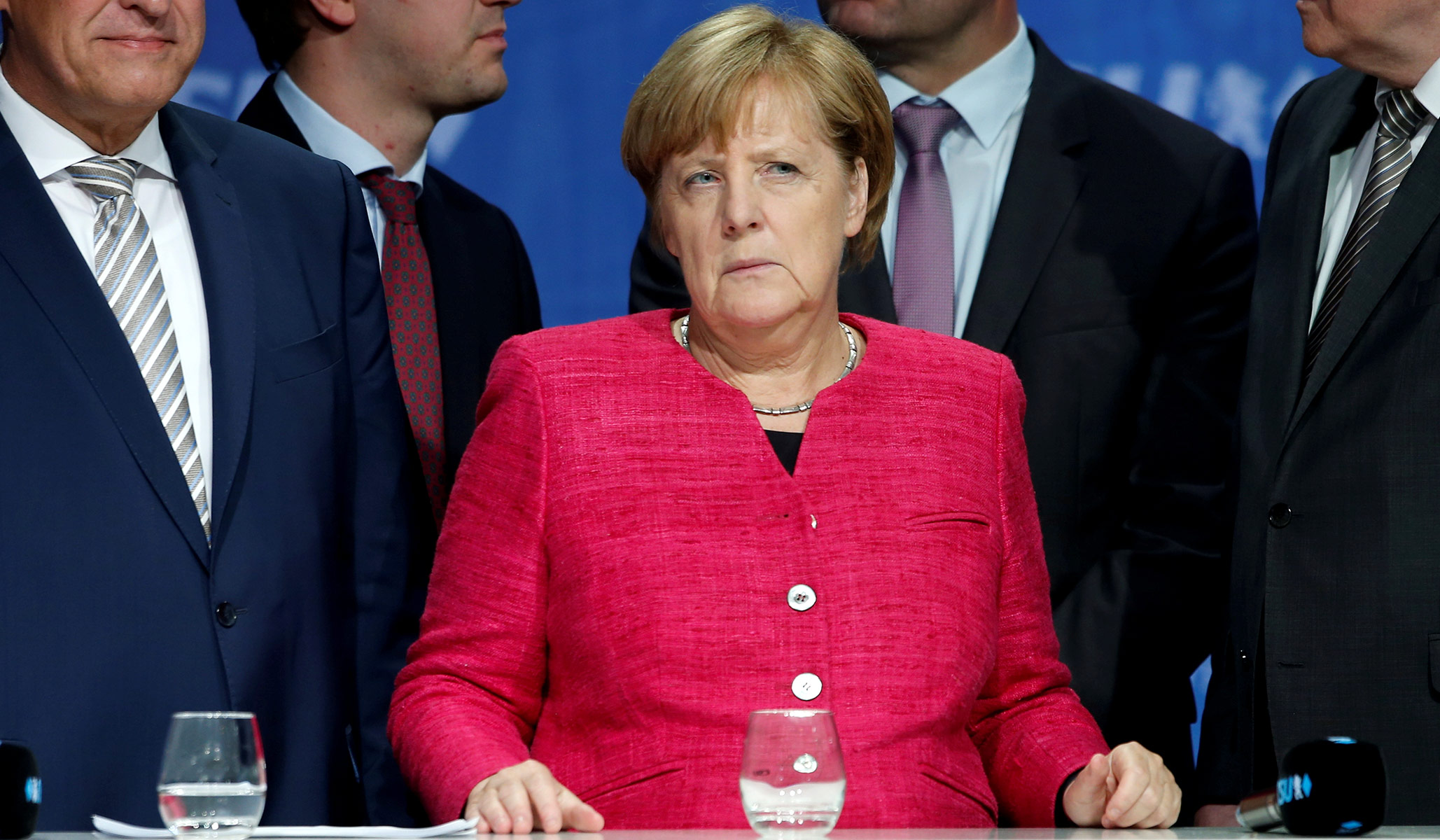Even as his country remains dangerously dependent on Russian oil and, even more so, natural gas (a vulnerability that is not going away any time soon), Germany’s new chancellor, Olaf Scholz, has signaled his intention to take a tougher line than Angela Merkel toward Moscow, not least with plans to substantially boost defense expenditures and by freezing the Nord Stream 2 application process.
Nevertheless, just as Scholz has, for now, to live with Merkel’s disastrous energy legacy, so he has to work with the military structures that she left behind.
Germany has failed to deliver its historic pledge to provide arms to Ukraine, ministers have said, amid reports that weapons have been held up by red tape and are too old to be used.
Berlin has supplied just one-fifth of the missiles it promised in response to the Russian invasion, with the lack of weapons causing increasing frustration inside Ukraine…
Oleksiy Reznikov, the Ukrainian defence minister, told Paul Grob, the UWC [Ukrainian World Congress] president, on Saturday that most of the lethal aid had failed to arrive as it was “caught up in bureaucracy”.
…It comes as Berlin failed to deny German press reports that it had delivered just 500 Cold War-era Strela anti-aircraft missiles, despite having promised 2,700.
Christine Lambrecht, the defence minister, said at the weekend that the German army’s reserves of weaponry “have been exhausted”, and more would have to be sought from manufacturers.
Meanwhile, Die Welt has reported that many of the rockets are no longer usable because they have lain in storage for so long.
[U]nderfunding [has] remained a structural problem that hindered efforts at strategic reorientation for years. Important military capabilities had either been cut completely, such as with the Navy’s Tornado fighter bombers, or made more or less useless. By 2010, for example, the Bundeswehr leadership had retired both the Roland and Gepard air defence systems to save money. The strategic assumption was that the Bundeswehr would only operate where there was western air superiority – leaving it now basically defenceless against the threat of armed drones.
Stocks of ammunitions had run so low by 2019 that the Bundeswehr would run out of bullets after two to three days of serious fighting. Shortages of spare parts and long maintenance queues meant that the readiness level of many weapon systems was appallingly low. Helicopters and planes were grounded, new warships and submarines were long delayed or laid up in dock, and new land systems like the Puma infantry fighting vehicle were not delivered combat-ready and had to be costly retrofitted to be made available for Nato forces.
Bundeswehr soldiers continue to lack modern radios, night-vision equipment, body armour, radio-integrated helmets, combat boots and even thermal underwear and water-proof clothing. Just the other day Bundeswehr soldiers stationed in Lithuania as part of Nato’s enhanced forward presence reported a lack of winter jackets…
A quick look at Lithuania’s location and the calendar would have revealed that that was going to matter.
I’m old enough to remember when Angela Merkel, chancellor for much of the time when this deterioration was allowed to occur, was often described (even if she did not like the term) as the leader of the free world.
